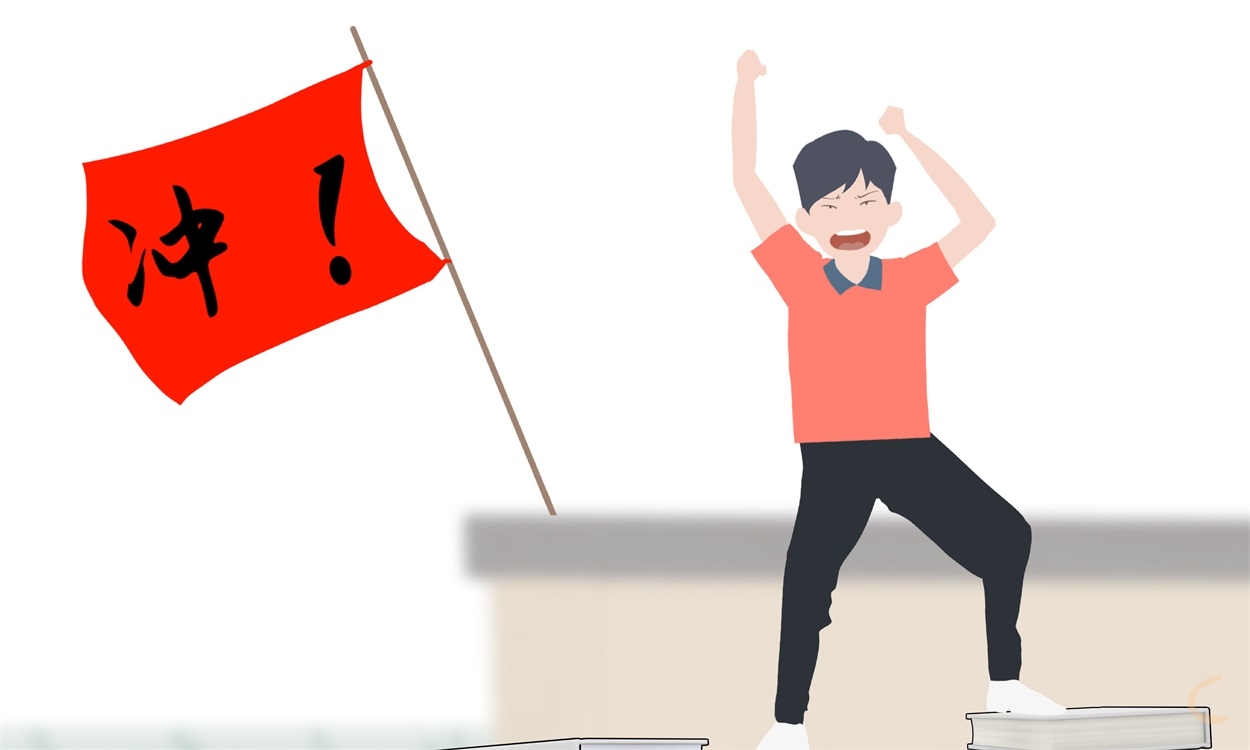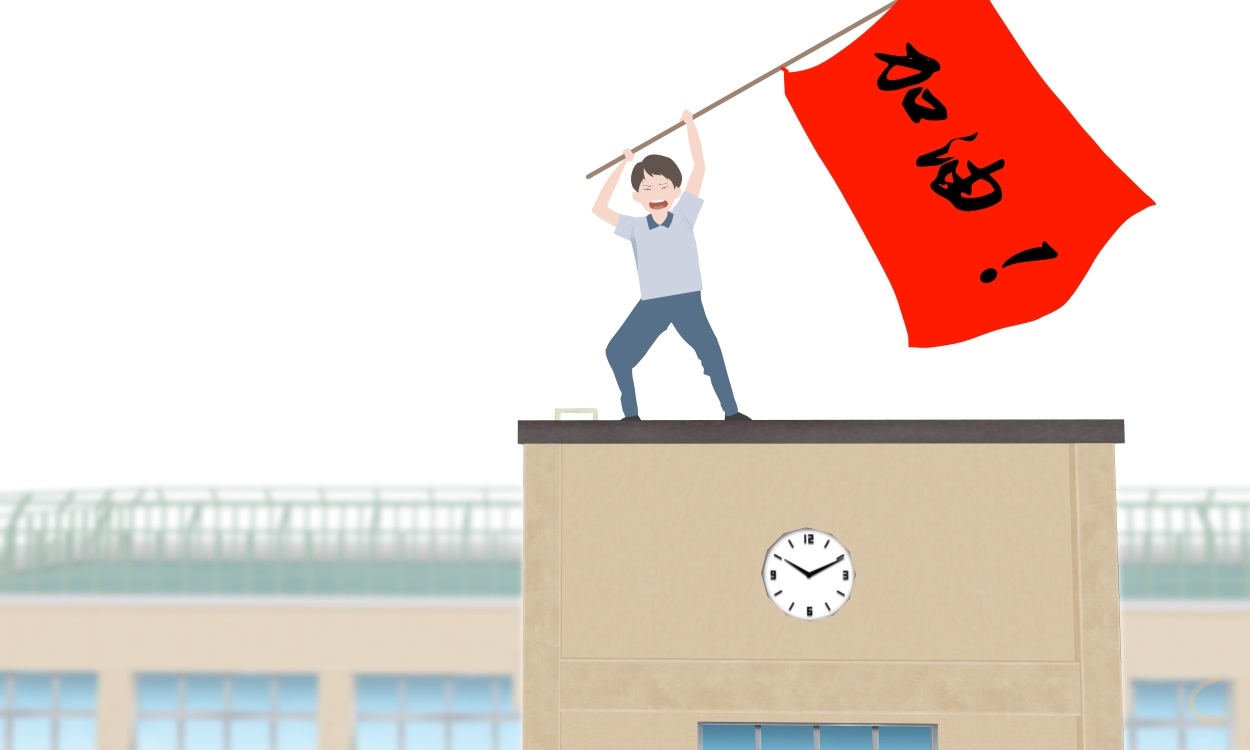each后面应该使用单数形式的名词、代词、动词和形容词。这是因为“each”强调的是个体而不是整体,所以与之搭配的词汇也应该是单数形式。此外,当“each”作为主语时,谓语动词也应该使用单数形式。

each后面用单数还是复数
“each”后面通常跟单数形式的名词或代词,因为它表示的是“每一个”的意思,强调的是个体而不是整体。所以,当我们在句子中使用“each”时,应该使用单数形式的动词、形容词或代词来与之搭配。
例如,如果我们说“Each student has a book.”,这里的“student”和“book”都是单数形式,因为“each”指的是每一个学生都有一本书,而不是每个学生都有多本书。
此外,当“each”作为主语时,谓语动词也应该使用单数形式。例如,“Each of them is very talented.” 在这个句子中,“each of them”作为主语,谓语动词“is”就是单数形式。
需要注意的是,当“each”与“other”结合使用时,如“each other”,它们通常用于表示互相之间的关系,这时不需要在“each”后面加复数形式的名词或代词。例如,“They helped each other with their homework.” 在这个句子中,“each other”表示他们互相帮助,而不是他们各自帮助对方多个人。
each有哪些用法
each 表示“每一个”,可作代词和限定词。
1. 作代词时,指代单数可数名词,在句中可以作主语、宾语或同位语。
a. 作主语
Each of the students dressed in different colors.
每个学生都穿了不同颜色的衣服。
Each is useful in its degree.
各有程度不同的用处。
b. 作宾语
He told each of them that they had done a great job.
他告诉他们每个人,他们做得很好。
You must enter each of the buildings in this game.
在这个游戏中,你必须进入每一个建筑。
He gave two apples to each.
他给了每人两个苹果。
c. 作同位语
We each have a different point of view.
我们每个人都有不同观点。
He gave the children a present each. 他给了每个小孩子一份礼物。
2. 作限定词(定语), 修饰单数可数名词。
Each day passed without any news. 一天天过去,音信杳然。
Each lesson lasts an hour.
每节课时间为一小时。
On each side of the road.
在路的每一边。






